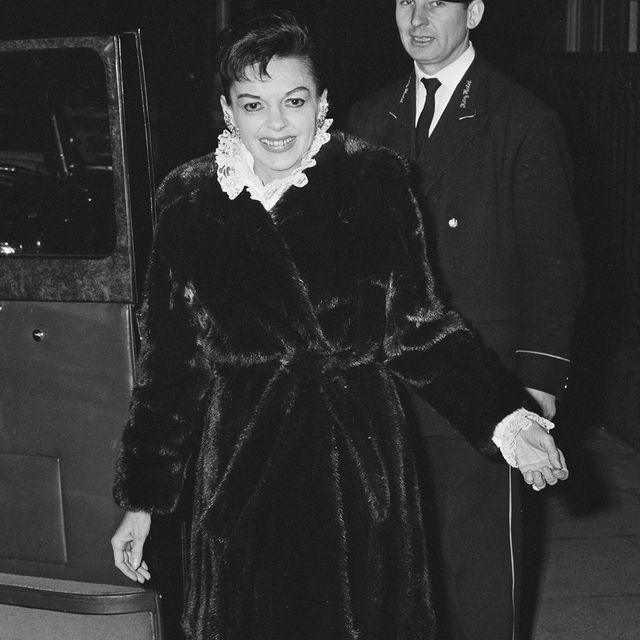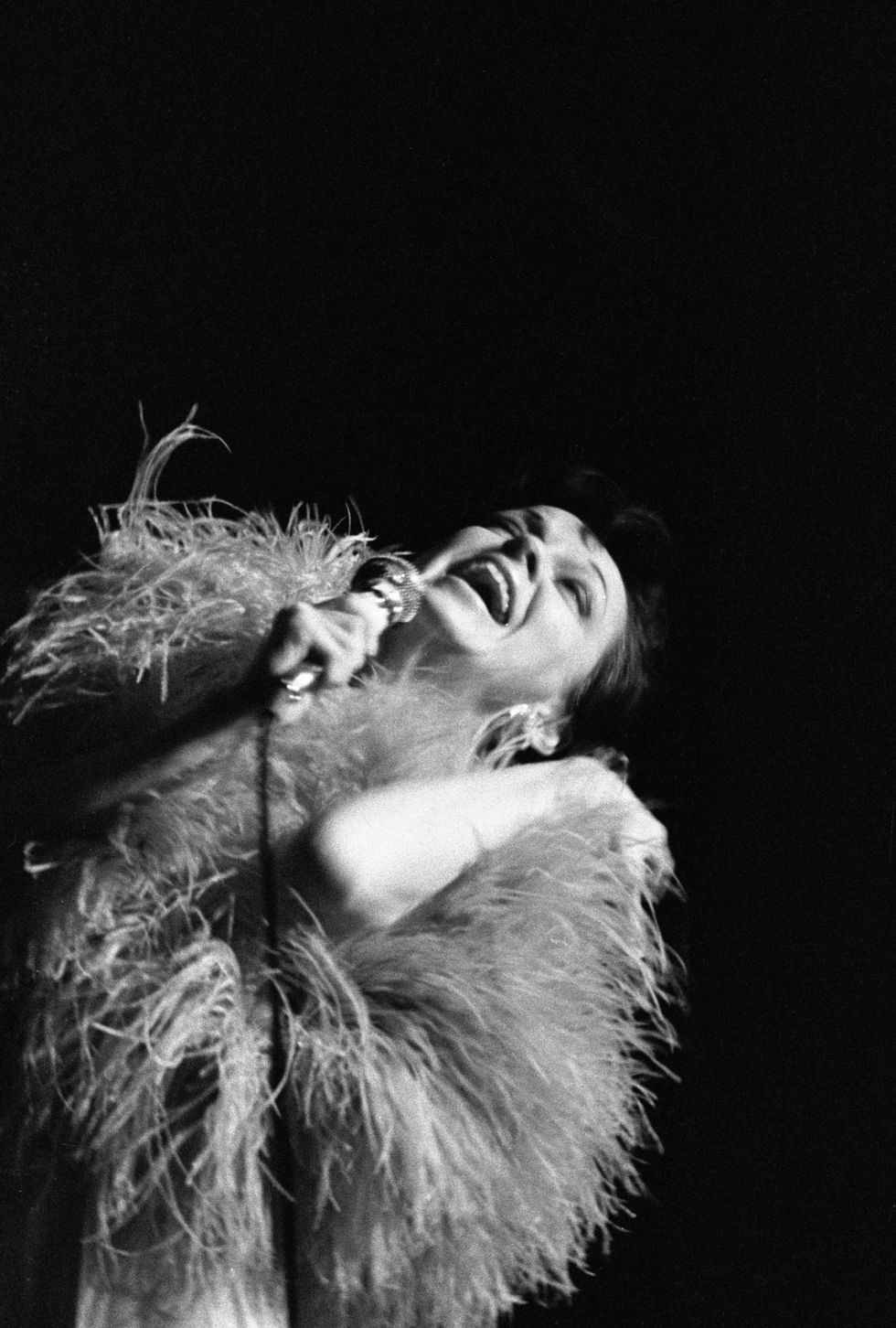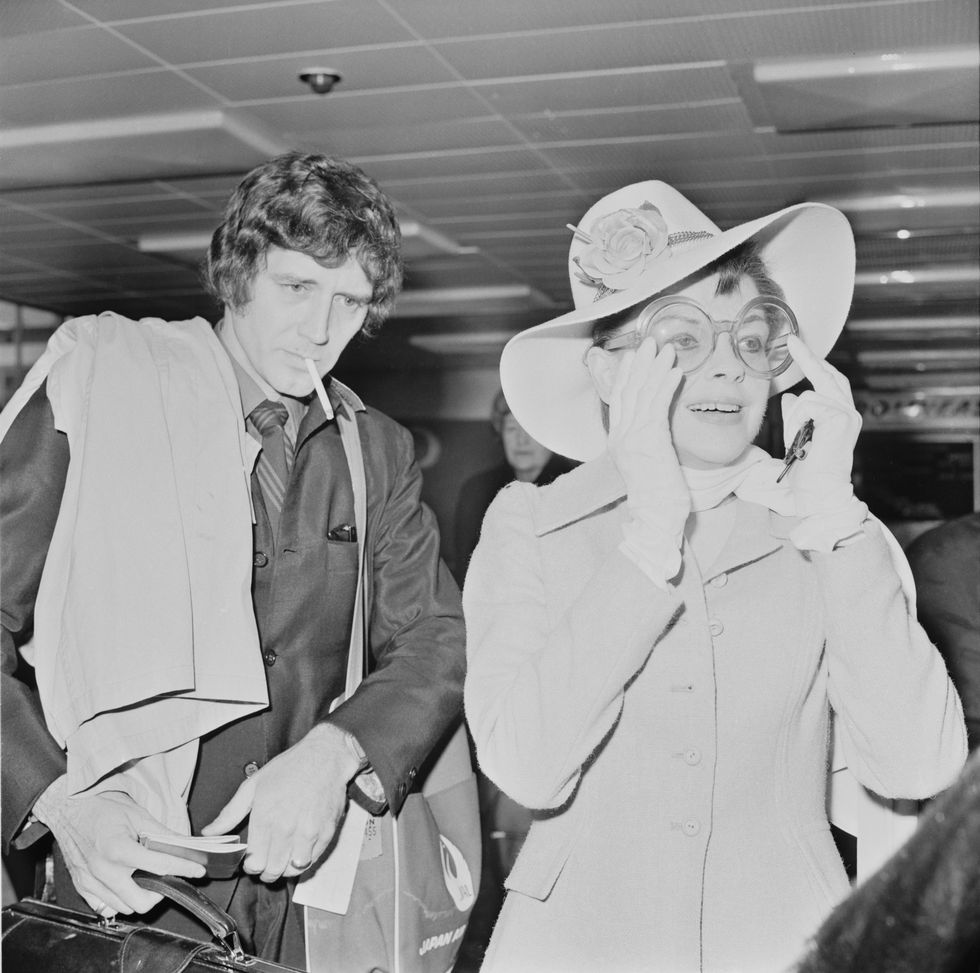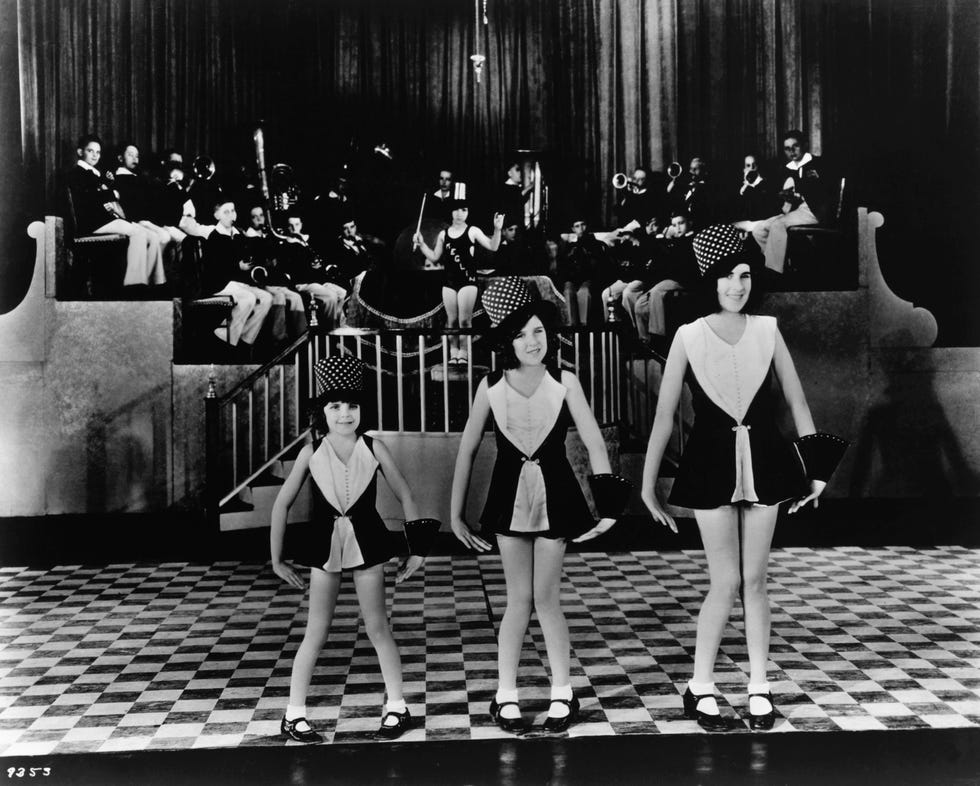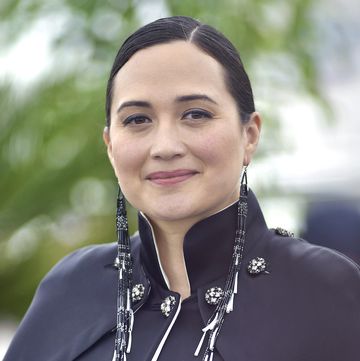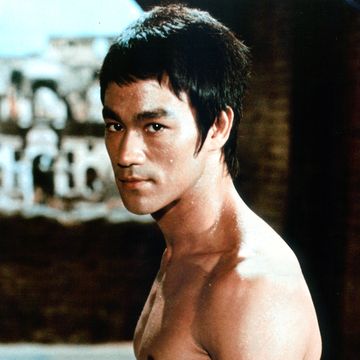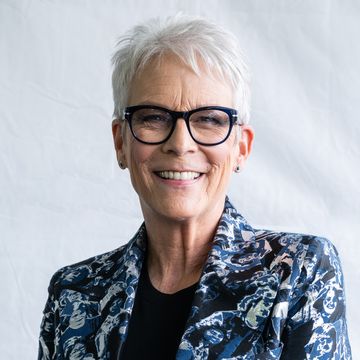A year prior to her death at age 47 due to an accidental overdose of barbiturates, Judy Garland was living in the glare of the media spotlight as she had done for almost her entire life. Yet the focus was not as celebratory as it had been when the 17-year-old, already a seasoned performer, became an international star when she graced screens as Dorothy in the 1939 musical classic The Wizard of Oz.
Garland returned to the big screen in 2019, this time portrayed by Renee Zellweger in the biopic Judy, adapted from the musical stage drama End of the Rainbow by Peter Quilter, which chronicles the five-week run of shows Garland performed at London nightclub The Talk of the Town in early 1969.
Of this latest look at the celebrated, yet tortured life of the Hollywood icon, Zellweger has stated her intentions were to “celebrate and adore [Garland] in this work.”
Garland's entire life was plagued by illness
During the intervening years between Oz and her 1969 London shows, Garland had experienced soaring career highs and tragic personal lows. Following a string of hit MGM movies, she toured relentlessly, made numerous Hollywood comebacks, was twice nominated for an Academy Award, and was the first woman to win the Grammy for Album of the Year for her live, 1961 recording Judy at Carnegie Hall.
By 1968 years of addiction to upper and downer prescription pills and heavy alcohol abuse had taken a toll on her body and voice. A mother of three from four marriages, Garland had spent her life dieting and bingeing, her weight yo-yoing in attempts to please studio executives. Her Los Angeles Times obituary said she had been plagued by illness throughout her life and “had suffered from hepatitis, exhaustion, kidney ailments, nervous breakdowns, near-fatal drug reactions, overweight, underweight and injuries suffered in falls.”
Leading up to her death, Garland was in a desperate financial state
Due to mismanagement and embezzlement, any money she once had was gone and she owed hundreds of thousands of dollars in back taxes to the IRS. Garland had tried to end her life on numerous occasions.
In a desperate financial state, she made what would be her final New York appearances at the Palace Theatre in July, performing sold-shows with her children Lorna and Joey Luft from her marriage to former manager Sidney Luft. The majority of Garland’s earnings from the shows were reportedly seized for back taxes.
In August she performed in front an estimated crowd of 100,000 on the Boston Common, before returning to New York for two more shows at Madison Square Garden’s Felt Forum theater in December.
Arriving at London’s Heathrow Airport on the eve of 1969 for her Talk of the Town run, Garland was immediately handed a legal injunction to stop her from appearing in the shows, claiming she was still under contract to “two American businessmen” who had the exclusive use of her services until the following June, according to a news report by the London Observer. Despite the writ, Garland went on to appear at Talk of the Town.
Her London performances were described as an 'emotional car crash'
In a review of her January 14, 1969 performance, the Observer described her as “thinner now, almost haggard, her hair flicked back like a boy’s. Her orange sequined suit makes her jaunty … With hand on hip, she struts and totters and stomps and prowls – tigerish and restless, her great brown eyes darting amongst the audience for a friendly face. 'I haven’t been taught anything new since silent movies,' she croaks.”
Heckled regularly by the late-night crowd, Garland smoked and drank onstage, often calling partner Deans out from the wings as she tried to get through her set list, which included “I Belong to London,” “The Man That Got Away,” “You Made Me Love You,” and ended with “Somewhere Over the Rainbow.”
Consistently late for performances, her behavior on- and off-stage was erratic, her speech slurred. Scared to go before the audience, Garland demanded more pills to help overcome her fear. One evening she limped into the spotlight an hour and 20 minutes late to face a particularly hostile audience that threw cigarette boxes, rolls and garbage at her. According to a newspaper report of the incident, Garland attempted three songs before leaving the stage “just as a glass thrown from the audience crashed behind her.”
Wilder, who worked as a production assistant at Talk of the Town from 1959 to 1979, was asked in 2014 if there were any good nights of Garland’s run. “She did sometimes come in a little bit late and do a reasonably good show, and that was fine. But there were too many nights when she just didn’t come in at all. Or she came in terribly late, by which time the good will of the audience had largely disappeared. And one had to take an educated decision as to whether you were going to allow her to go on or not.”
According to playwright Quilter, “In six weeks at the Talk of the Town everything came to a head. It was her emotional car crash.” Video footage of the time shows Deans and Garland mobbed by fans on London streets, with Garland often looking wary and unsure.
Garland's husband 'gave in to her,' escalating her death
In his 1972 autobiography, Weep No More, My Lady, Deans wrote that he first met Garland in 1966 when he delivered a package of stimulant pills to her. They dated on and off after that before Deans proposed and they wed on March 16, 1969. Deans, 12 years Garland’s junior, was a musician and former disco manager. At the time of their marriage Garland told reporters, “Finally, finally, I am loved.”
In her book Me and My Shadows: Living With the Legacy of Judy Garland, daughter Lorna writes that when her mother married Deans, she was in the final stages of prescription drug addiction and “was dying in front of his eyes.” Wilder describes Deans as the “dreadful man who became her husband. … I mean if she put an advert in a newspaper for the most unsuitable person to take care of her, she wouldn’t have had a better response. … I don’t know what possessed… well, I know what possessed her because he gave in to her and he fed her all the things she wanted.”
Garland made her final concert appearance on March 25, 1969, in Copenhagen, Denmark, performing a setlist almost identical to her Talk of the Town concerts.
Deans discovered Garland dead in the bathroom of their rented mews house in the Belgravia area of London on the morning of June 22. Her cause of death was ruled as accidental, an overdose of barbiturates that had been ingested over a long period of time and that no evidence suggested she had committed suicide. Garland died 12 days after her 47th birthday.
